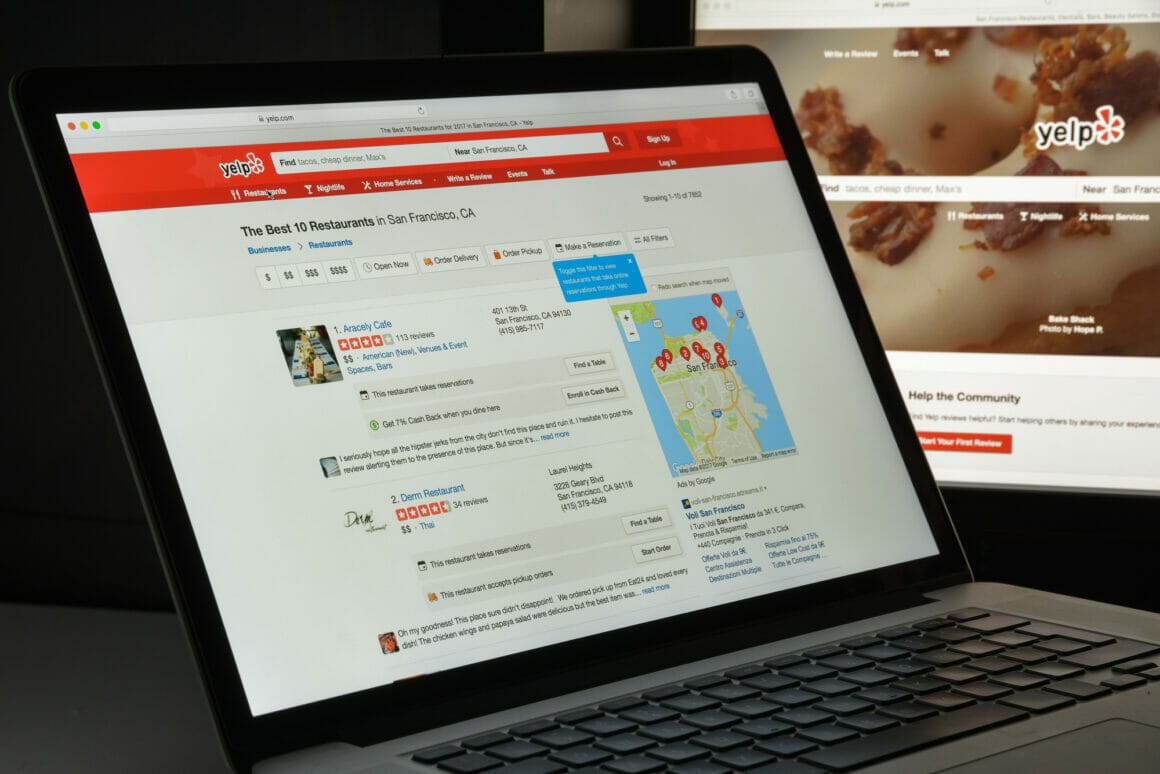Yelp has reaffirmed its dedication to a remote-first workplace by announcing the closure of two underutilized office locations. The online review site recognized the minimal employee presence in these offices, leading to the decision to consolidate its operations.
While some employers like Amazon are making headlines by insisting on returning employees to the office, many other companies are embracing remote work and implementing permanent changes to their operations.
These companies are either closing under-utilized office spaces or reimagining them to accommodate hybrid work models. Despite the vocal CEOs advocating for a traditional office setup, there is a significant number of companies that are embracing a remote-first approach or adopting more flexible work arrangements, according to Erin Grau, co-founder of Charter, a media and services company.
Yelp, for instance, closed its offices in New York, Chicago, and Washington last year as part of their remote work strategy. The company recently announced the upcoming closure of its Phoenix and Hamburg, Germany spaces on July 1, further solidifying its commitment to remote work.
Yelp’s decision to close offices aligns with its commitment to fully embrace remote work, as stated by a blog post by Carmen Whitney Orr, the company’s chief people officer.
In an interview with Axios, Orr mentioned that most Yelp employees strongly prefer remote work. As Yelp currently employs 4,900 individuals worldwide, the company has expanded its remote-friendly employee benefits. This includes introducing a travel reimbursement for healthcare, which can be utilized when an employee’s state restricts procedures such as abortion or gender-affirming care.
Yelp has also enhanced its wellness stipend, enabling workers to utilize it for gym memberships or workout apps. As Orr explained, employees can allocate more time to focus on their health and well-being by eliminating commuting time.






